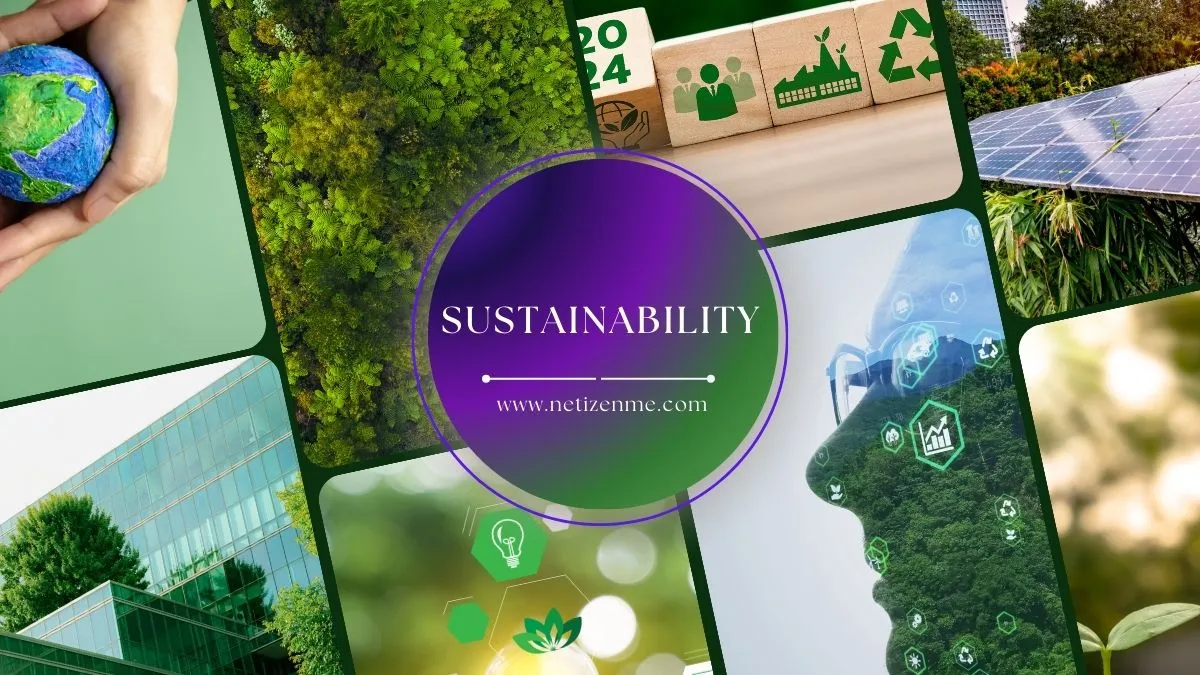As people around the world become acutely aware of the impact that many industries and their products have on the environment, consumers are beginning to expect and demand products that are both environmentally sustainable as well as quickly and safely disposable. To cater to this rise in demand for eco-friendly products, many giant multinational corporations worldwide opt for Green Marketing- using environmentally friendly materials for product development and marketing. Some examples of companies engaging in green marketing include Nike, Starbucks, IKEA, Apple, Samsung, etc.
Sustainable and Ethical Practices of Unilever
Another MNC that has adopted green marketing is Unilever, and in this essay, we take a look at the green initiatives Unilever is currently undertaking worldwide.
How is Unilever sustainable?
Unilever is arguably the most significant consumer goods company worldwide, with subsidiaries in numerous industries including, but not limited to, food, ice cream, vitamins and supplements, dairy products, toiletries, cosmetics, personal care, etc. As such, Unilever serves a plethora of consumers from different walks of life all around the world. Because of its position as one of the giant conglomerates in the world, Unilever recognizes its social responsibility and has taken several steps to ensure through its business practices, the world becomes a better place. The company has adopted, amongst other objectives, the goal to make sustainable business practices and products the norm. To do this, Unilever has made strides in many facets of social responsibility and green marketing, including climate action, protection of nature and natural resources, and limiting waste both during production and post-consumption.
What are Unilever’s goals?
In the next two decades, Unilever plans to become entirely zero-emission. It hopes to do this by opting for renewable energy sources instead of non-renewable resources that deplete the earth and contribute majorly to the dispersal of greenhouse gasses. Instead, its subsidiaries are working to use ingredients free of fossil fuel for cleaners and detergents, as well as expanding its line of plant-based products.
Protecting forests and reducing the strain on natural water resources is also part of Unilever’s action plan. The company claims to be working toward eliminating deforestation from its supply chain. It has also partnered with small farmers worldwide to incorporate regenerative sourcing in its supply chain. To preserve freshwater resources, Unilever plans on altering operations to involve materials and machinery that minimize the use of water during the manufacturing process.
Unilever’s Goals for Reducing Waste
To reduce waste, especially plastic waste, Unilever is reinventing its products and packaging to use as little plastic as possible, as well as developing products to be more than single-use so that plastic ending up in landfills can be avoided. Additionally, the company also states that it is moving toward zero-waste factories by incorporating the reuse and recycling of materials within its operations.
Not only has Unilever made great strides in making its practices and products more sustainable, but it also plays a major role as a change leader, given its position in global markets. Around the world, Unilever uses its voice and influence to call upon governments and people to adhere to sustainable business and has also aligned itself with WHO’s Sustainable Development Goals, as well as abides by policies suggested by the Paris Agreement on Climate Change. By advocating for climate change and sustainability in business, Unilever can pave the way for more companies to adopt practices that make the world a better place for future generations.
Check the following reference articles to learn more about the Sustainable and Ethical Practices of Unilever.
- Investopedia. (2021, March 8). Green Marketing Definition. (URL)
- Wikipedia contributors. (2022c, March 9). Unilever. Wikipedia. (URL)
- Unilever. (n.d.). Planet & Society. (URL)
- Organic Gardening for Urban Dwellers: Cultivating Green Spaces

- Hydroponic Gardening 101: A Beginner’s Guide To Growing Vegetables At Home

- How to Support Environmentally Friendly and Sustainable Travel

This article is written by:
Our professional writers and editors are passionate about sharing high-quality information and insights with our audience. We conduct diligent research, maintain fact-checking protocols, and prioritize accuracy and integrity to the best of our capacity.
You can cite our articles under the author name "Netizenme"






